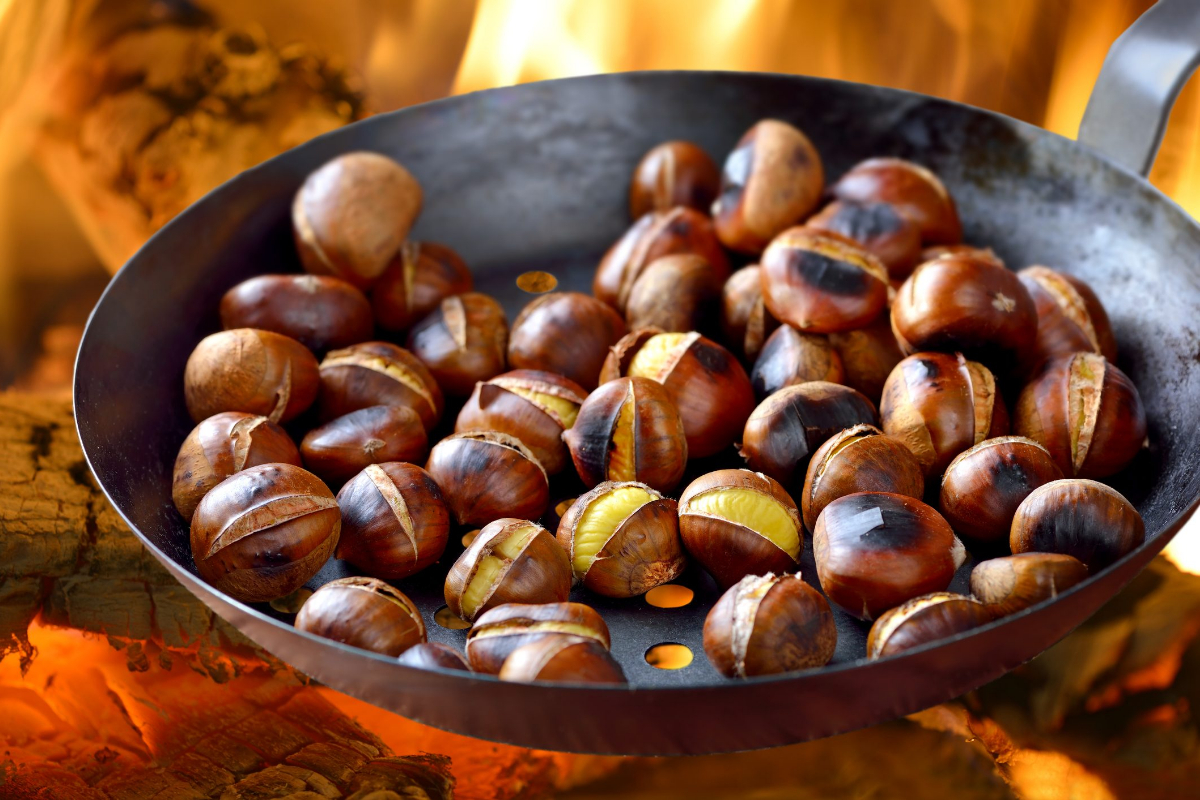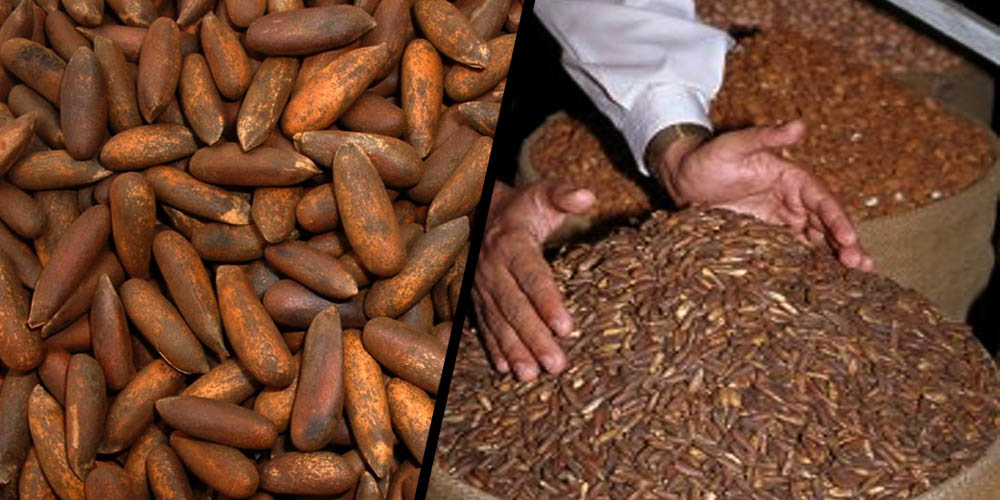- Roasted chestnuts often make us think of the winter holidays.
- They have many health advantages Compared to other related nuts.
- They include a lot of fibre, which lowers cholesterol and keeps blood sugar levels stable.
Roasted chestnuts often make us think of the winter holidays and cozying up next to an open fire. Although these crispy nuts have a great flavor, they also have many health advantages Compared to other related nuts like peanuts and walnuts, chestnuts have a relatively low fat content. They include a lot of fibre, which lowers cholesterol and keeps blood sugar levels stable. Manganese, which is abundant in chestnuts, strengthens bones and lowers the risk of heart disease and cancer.
One of my favorite snacks throughout the winter is roasted chestnuts. It tastes crispy, and its health advantages are fully understood, in addition to being crunchy.
Benefits Of Roasted Chestnuts:
- Gallic and ellagic acids, which are found in chestnuts, may help control blood sugar levels and increase insulin sensitivity, making your cells more receptive to insulin. Additionally, chestnuts are a wonderful source of fibre, which might lessen the risk of blood sugar increases.
- Chestnuts offer anti-inflammatory effects that might be useful. They include anti-inflammatory compounds such vitamin C, gallic acid, ellagic acid, and other polyphenols. Free radicals, one of the main causes of chronic inflammation, are neutralized by them.
- Chestnuts are an excellent source of fiber, which helps with digestion. Additionally, the fiber functions as a prebiotic, feeding the gut flora and assisting in the upkeep of a healthy gut and surrounding environment.
- Chestnuts, a source of polyphenols including gallic and ellagic acid, may aid in preventing oxidative stress on the heart. The potassium in chestnuts is also beneficial for controlling blood pressure.
[embedpost slug=”research-heart-disease-risk-is-lower-when-mixed-tree-nuts-are-consumed/”]








